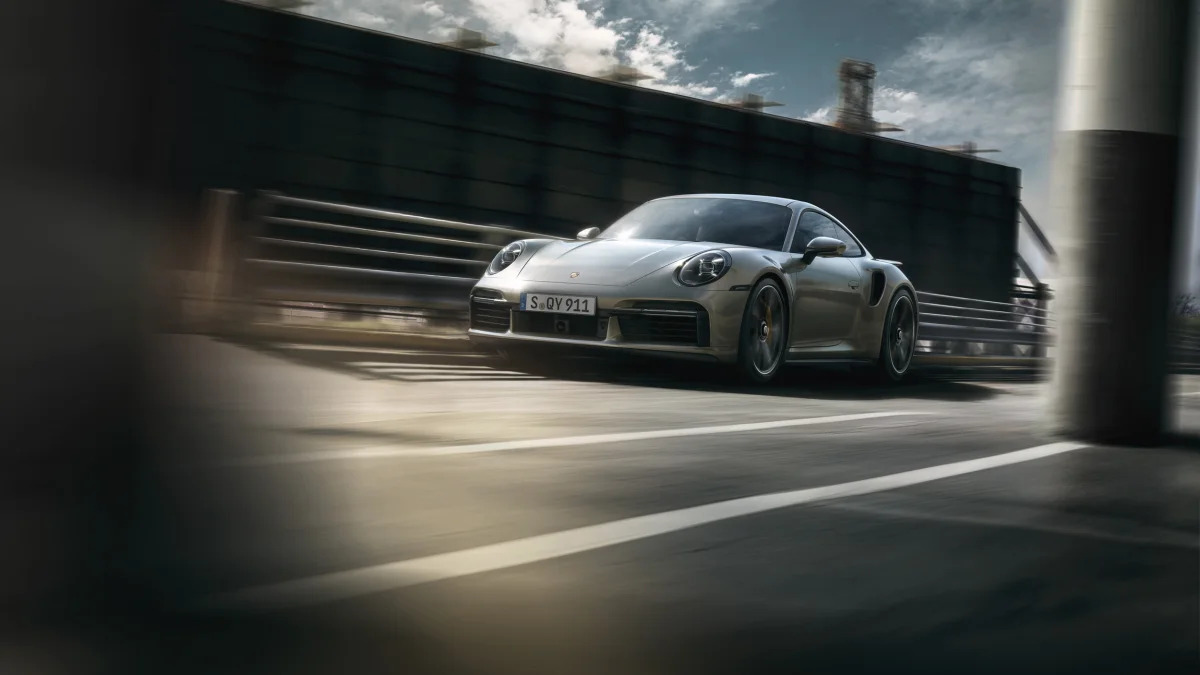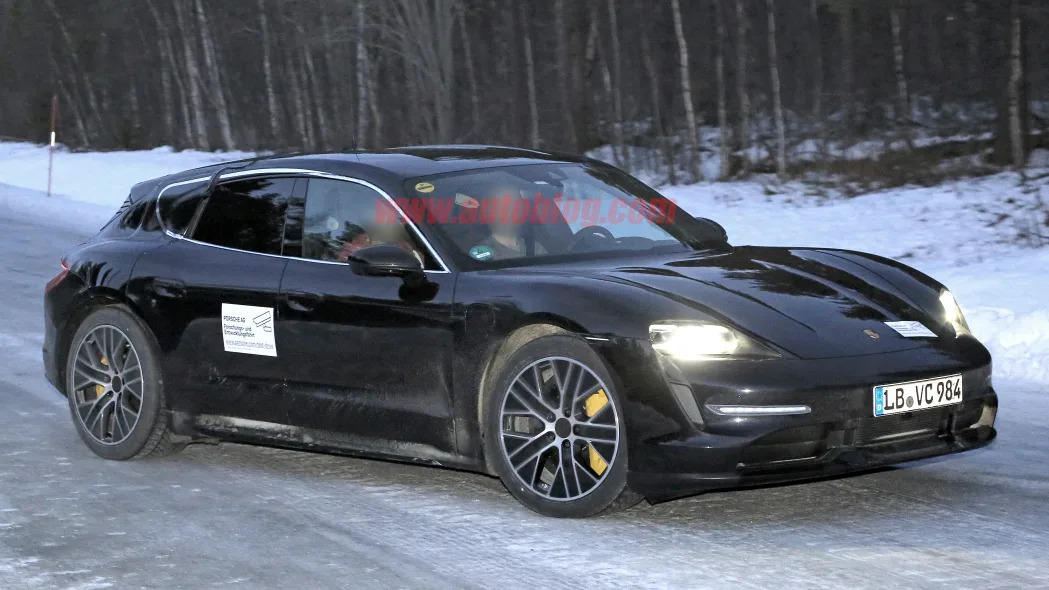Porsche's annual American sales grew by 213% between 2009 and 2019, and the company was on track to set another sales record in 2020 until the ongoing coronavirus pandemic made a chaotic mess of the world we live in. Sales plummeted by 45.8% in April 2020 as lockdowns swept the nation, but Klaus Zellmer, the head of Porsche's North American division, told Autoblog the company is already on its way to recovery.
"We are rebounding, we are open for business," Zellmer said proudly.
Porsche sales fell by 3.1% in June 2020, which is a sign that interest in the brand hasn't waned. What's even more impressive is that 911 sales grew by 30% during the second quarter of 2020. It's worth pointing out the last-generation model was on its way out in the second quarter of 2019, but a 30% increase is immense considering the 911 is a relatively expensive car enthusiasts buy with their heart, not with their brain. No one needs a 911.
Porsche went to significant lengths to prevent its sales from collapsing completely in the spring, and to make life easier for owners affected by the pandemic and its economic ramifications. It extended warranties, it worked with its dealers to facilitate home delivery, and it allowed buyers to defer payments. It reaped the rewards in June when it sold nearly 3,000 certified pre-owned (CPO) cars, an all-time record and an 8% increase over June 2019.
Of course, the pandemic will have a lasting effect on Porsche's operations in the United States and abroad. "Losing half of the market in April, and more than 40% in March, is something that we will most certainly not catch up with by the end of the year. That's lost," Zellmer admitted. Setting a sales record in 2020 looks highly unlikely.
One of the pandemic's more unexpected side effects was that the price of oil collapsed, sending gasoline prices on a downward spiral. Zellmer opined cheap fuel is going to dent the electric car take rate, but he's not worried about Taycan sales taking a hit because its target audience is far less concerned about saving money than buyers in the market for cheaper electric cars like the Nissan Leaf, the Chevrolet Bolt, and the Hyundai Kona.
"I think that overall, generally speaking, the reasoning that it's cheaper to fill up your EV with electricity than filling it up with gas has been put on pause. But, there have to be other reasons why people buy an electric car. Price-driven customers will pause with electric, unfortunately, because that one driver is missing. For Porsche, this is not the main driver, and actually you get three years of free charging at any Electrify America station in the United States if you buy a Taycan. It's not going to affect Taycan sales, but the overall demand for electric cars — with that missing driver of being cheaper than filling up a gas car — is going to be affected," Zellmer told Autoblog.
Porsche has a different hurdle to clear, however. Like most automakers, it closed its factories for several weeks in the spring of 2020; its Zuffenhausen, Germany, plant went offline for about six weeks. It reopened on May 4, but it's having a difficult time keeping up with high demand for the Taycan. Porsche added "a couple of extra shifts" in a bid to catch up over the coming months, but Zellmer admitted Taycan volume is inevitably "nowhere near what we had originally anticipated." On a positive note, the supply issues should boost the model's resale value.
What's next?
Zuffenhausen will continue getting busier in the coming months. It's no secret that Porsche is busily working on a more spacious version of the Taycan previewed by the Mission E Cross Turismo concept introduced at the 2018 edition of the Geneva auto show. Our spies have spotted pre-production prototypes (shown above) being put through their paces around the globe, and the wagon should break cover in the not-too-distant future. Selling a station wagon to American buyers is a tall order, but Zellmer is confident his team can pull it off.
"I think the car is going to have a slightly different appeal than, for example, the Panamera Sport Turismo. We see less than 10% of the American consumers gravitating towards the Sport Turismo. I think that, because the Cross Turismo is slightly higher, it will have a different visual appeal. It will have some functionality that people will appreciate; four-wheel drive, of course, and it's going to have a trunk that's easier to access," he noted, adding that he's "completely aware that type of body style in the United States is associated with a target group that seems to be fading away." We shouldn't have to wait long to see if Porsche can swim against the current.
Related Video:












Sign in to post
Please sign in to leave a comment.
Continue